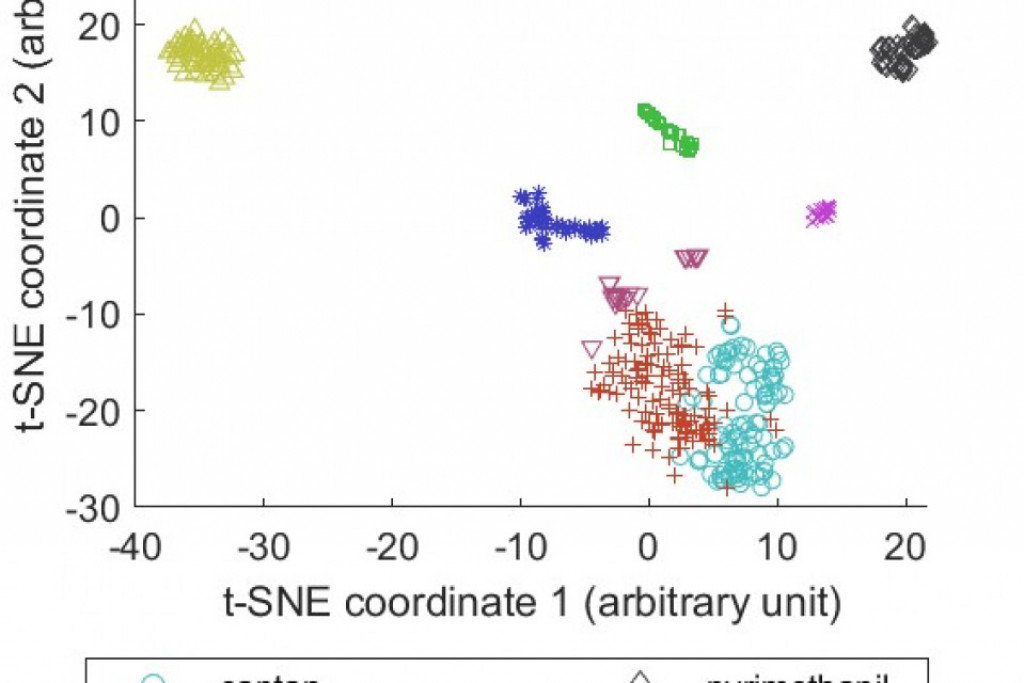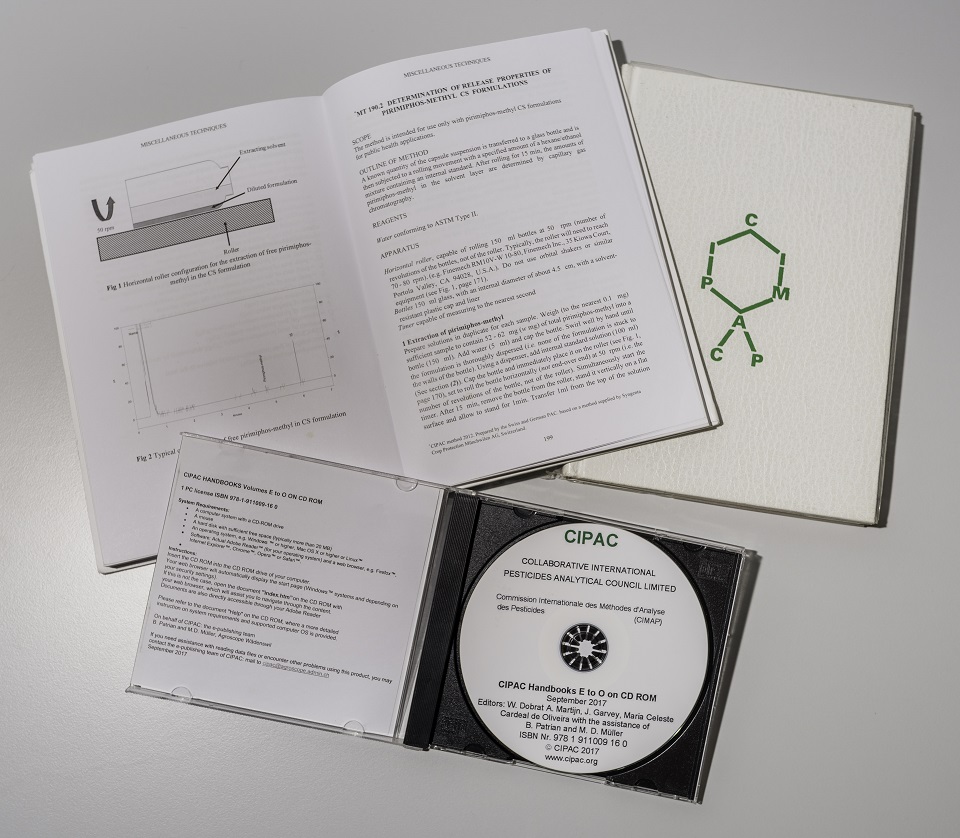Context
Counterfeit pesticides represent a considerable threat to the health of users and consumers, as well as the environment. Illegal trade and counterfeiting are difficult to combat because the fight is organised by various European and national bodies and requires significant coordination between these bodies and multiple skills.
There are no quick ways to facilitate the screening of samples when checking pesticide formulations. Current techniques are expensive and time-consuming. Few samples are systematically checked. Checks are performed on a case-by-case basis or on the basis of denunciations or suspicions.
Objectives
The research project aims to develop a methodology for the rapid detection of counterfeit/illegal pesticide formulations. The methodology will aim to identify indications of inconsistent properties (presence/absence of active substance, significant deviation from nominal content, presence/absence of impurities). The screening methodology could be extended to co-formulants or to the complete formulation profile.
Screening methodologies will be developed with a focus on optimising the following points: shorter analysis time, simplification of the analytical procedure, handheld devices, general procedure, measurements in the field.
Job description
WP1: Exchange of information/experiences with our partners (FASFC, CropLife Europe, FPS Public Health, Safety of the Food Chain and Environment).
WP2: The selection of samples aims to cover the problems encountered in the detection of counterfeits.
WP3: Development of the rapid screening methodology using spectroscopic methods (MIR and RAMAN).
WP4: Development of a protocol for processing the data generated by spectroscopic methods (machine learning, chemometrics and method validation).
WP5: Development of chromatographic techniques for screening/profiling by GC-MS and LC-HRMS (Q-TOF) as well as reference analytical techniques to provide perfectly characterised samples.
Expected results
The following deliverables are expected:
Recommendations on the standardisation of sampling, preparation and measurements by MIR and RAMAN spectroscopy.
Recommendations on the characteristics of a MIR and RAMAN spectral fingerprints database.
Recommendations on the integration of spectral data of active substances, co-formulants, impurities, etc. into the database.
Demonstration of the effectiveness of the methodology. It is important to assess the false positives and false negatives from rapid screening compared to conventional methods.
Recommendations on a smooth transition from rapid screening to confirmation techniques. (e.g. identical sample preparation procedure for rapid screening and the confirmation phase by reference methods).
Main partners
FASFC, CropLife Europe, FPS Public Health, Safety of the Food Chain and Environment are requested to provide samples and administrative information on the formulations.






















